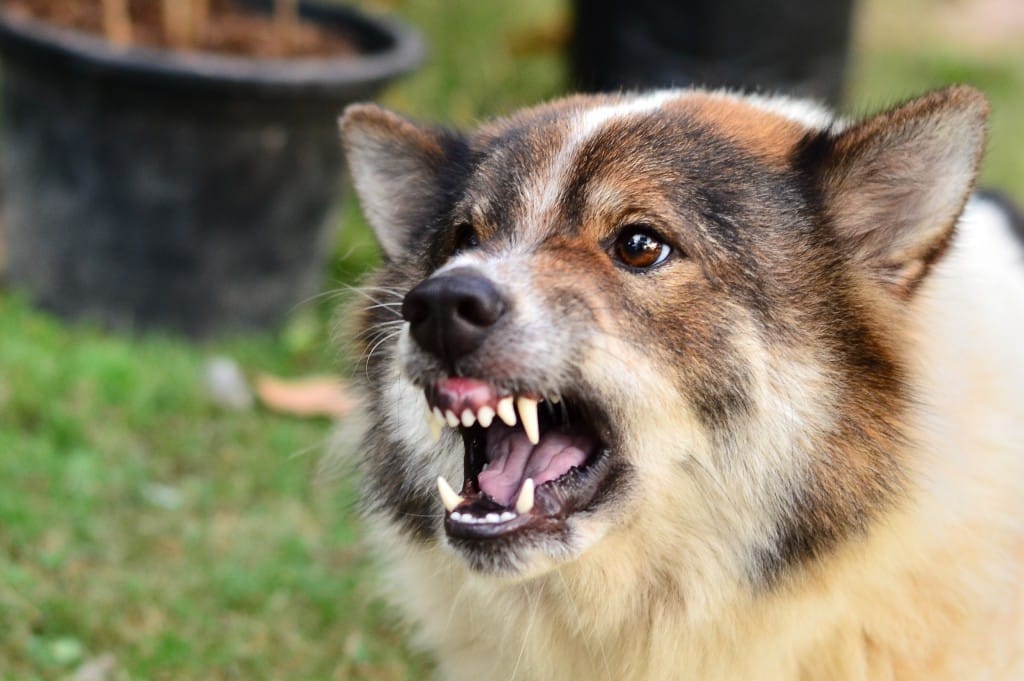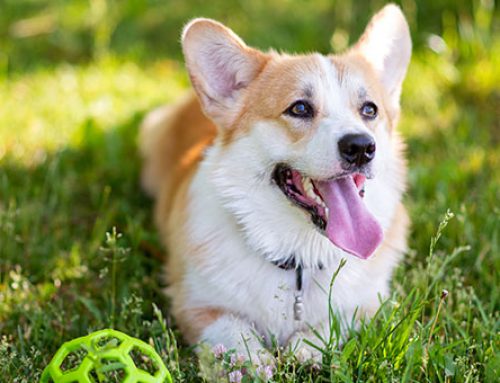Why Your Pet Needs a Rabies Vaccine
Across the world 100 children die each day from rabies.
That’s a significant statement. Over 99% of cases of human rabies is caused by an infected dog bite. How could such devastation occur when the rabies vaccine is required for our pet dogs and cats?
Rabies is still a global problem that leads to the suffering and premature deaths of thousands of people and dogs.

Almost every week there is a new headline reporting a positive case of rabies:
- In June 2015 an adult female dog that was picked up off the streets of Egypt and shipped to the United States by a rescue organization, was confirmed to have rabies. This dog was part of a large shipment of dogs and cats from Egypt that rescue organizations had distributed to multiple states for adoption. During the investigation, public health officials learned that the rabies vaccination certificate used for entry of the rabid dog into the United States had intentionally been falsified to avoid exclusion of the dog. How many other people and animals was this dog in contact with before it was confirmed to have rabies?
- Recently in Georgia, three dogs fought and killed a raccoon that later tested positive for rabies. Those dogs had not been vaccinated.
- In South Carolina a horse tested positive. Two people were exposed to the horse. Although law does not require vaccination of agricultural animals, the USDA has approved rabies vaccines for cows, horses, and sheep.
- A stray kitten in Maryland tested positive for rabies in February 2016.
- In Florida a rabid cat attacked and killed two other cats and attacked a man in the park.
Pet owners are not always aware when their cat or dog has been exposed to rabies, unfortunately.
The best protection against rabies is simply vaccinating against rabies.

Rabies is a deadly disease caused by a virus that attacks the nervous system. The virus is secreted in saliva and is usually transmitted to people and animals by a bite from an infected animal. Most cases of rabies occur in wild animals—mainly skunks, raccoons, bats, coyotes, and foxes. In recent years, cats have become the most common domestic animal infected with rabies.
It is important to understand that even indoor cats are at risk due to bats entering the home. In the Chicagoland area 37 bats tested positive for rabies in 2014.
Once the rabies virus enters the body, it travels along the nerves to the brain. Dogs, cats, and ferrets with rabies may show a variety of signs, including fearfulness, aggression, excessive drooling, difficulty swallowing, staggering, and seizures. Rabid wild animals may only display unusual behavior; for example, an animal that is usually only seen at night may be seen wandering in the daytime.
What can you do to help control Rabies?
- Have your veterinarian vaccinate your dogs and cats (including indoor cats)
- Reduce the possibility of exposure to rabies by not letting your pets roam free
- Wild animals should never be kept as pets
- Observe all wild animals from a distance
- If your see a wild animal acting strangely, report it to the county animal control department
- Bat proof your home and other structures
What if my pet has been in a fight with wildlife?
- Consult your veterinarian immediately and report the bite to local animal control authorities
- Even if your dog or cat has a current vaccination, they should be revaccinated immediately and observed for 45 days under the owner’s control
- Dogs and cats that are not current on rabies vaccine need to be vaccinated immediately and observed for 45 days as well which is a new recommendation just released in January 2016. There may be local variances.
- If your dog or cat has never received a rabies vaccine, they should be vaccinated immediately and quarantined for 4 months.
- If the wild animal died in the fight, submit the animal to Animal Control for rabies testing
TIP: If there is a bat in your home, call Kane County Animal Control at 630-232-3555 for removal and rabies testing free of charge.















Leave A Comment